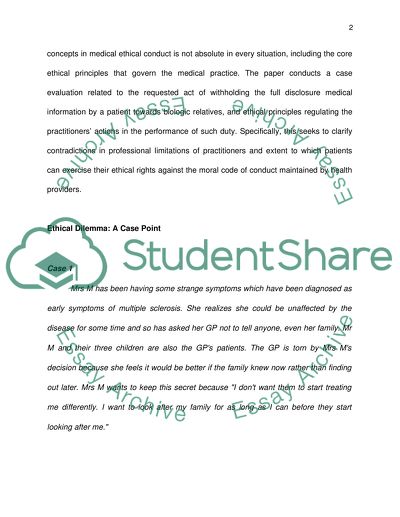Cite this document
(“Health Ethic Essay Example | Topics and Well Written Essays - 3000 words”, n.d.)
Retrieved from https://studentshare.org/environmental-studies/1406983-health-ethic
Retrieved from https://studentshare.org/environmental-studies/1406983-health-ethic
(Health Ethic Essay Example | Topics and Well Written Essays - 3000 Words)
https://studentshare.org/environmental-studies/1406983-health-ethic.
https://studentshare.org/environmental-studies/1406983-health-ethic.
“Health Ethic Essay Example | Topics and Well Written Essays - 3000 Words”, n.d. https://studentshare.org/environmental-studies/1406983-health-ethic.


